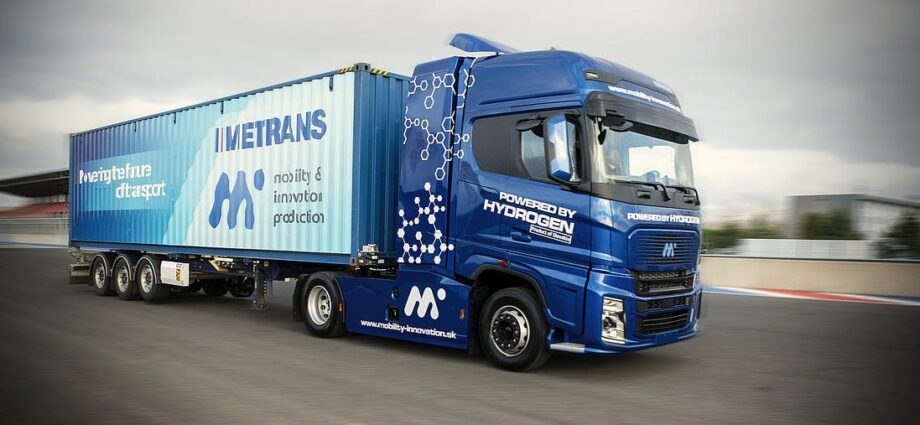SEGULA Technologies is playing a leading role in the European ROAD TRHYP project, an initiative led by Air Liquide, funded by the European Commission, and supported by the Clean Hydrogen Joint Undertaking. The project focuses on transforming hydrogen logistics by increasing truck storage capacity, reducing the number of trips required, and cutting the environmental impact of transport.
Through this collaboration, SEGULA Technologies and its partners are rethinking hydrogen transport to optimize logistics, lower costs, and significantly reduce carbon emissions. ROAD TRHYP aligns with the objectives of the European Green Deal, which seeks to establish hydrogen as a key energy carrier by 2030.
Since its launch in 2023, the project has delivered three major innovations. First, SEGULA Technologies has developed an optimized assembly for hydrogen gas tubes within Multiple Element Gas Containers (MEGCs). This new design strengthens mechanical integration, increases storage density, and reduces the number of trips needed to transport the same hydrogen volume by up to 38%, cutting CO₂ emissions by as much as 28% over 500 km.
Second, the project introduces a flexible, modular container architecture, allowing adaptation to various distribution sites while increasing payload capacity. The improved design lowers transport, maintenance, and operational costs, and boosts infrastructure efficiency. Using advanced materials, ROAD TRHYP aims to reduce hydrogen storage costs to €400/kg compared with €650–700/kg for current solutions. Additionally, by supplying high-pressure hydrogen (700 bar), the system cuts compressor operating time and reduces pipe decontamination costs by around 20%.
Third, safety has been prioritized through an innovative valve and ventilation system integrated into the trailer design. SEGULA Technologies is developing mechanisms that ensure controlled compartment ventilation and compliance with the highest safety standards. Early 2026 tests on 700-bar hydrogen tubes will assess fire resistance, define mitigation measures, and validate reliability under real conditions. Failure scenarios are being modelled to reinforce the robustness of the system.
The European Commission has recognized ROAD TRHYP’s innovations as high-potential technologies, including them in the Innovation Radar, a platform promoting EU-funded project results and accelerating market access. The project demonstrates strong scientific and industrial relevance and is shaping a more sustainable and efficient hydrogen logistics value chain. The solution is expected to reach the market by 2030, setting a benchmark for environmentally responsible bulk transport of hydrogen.




